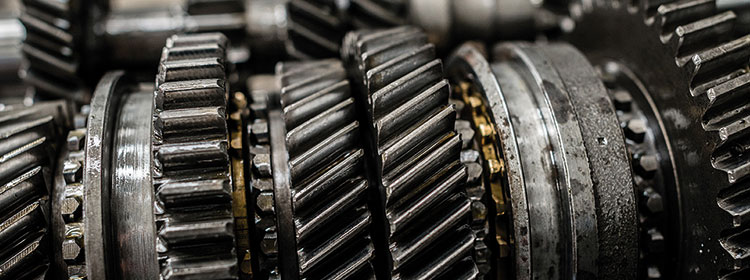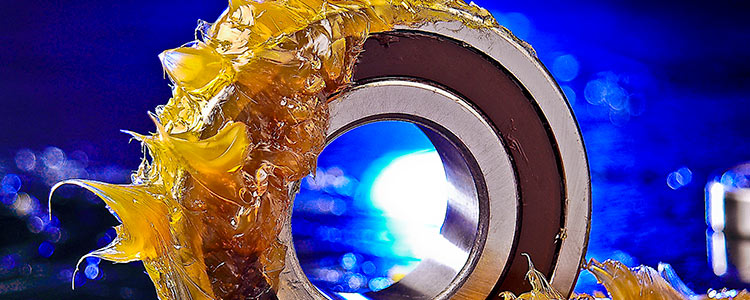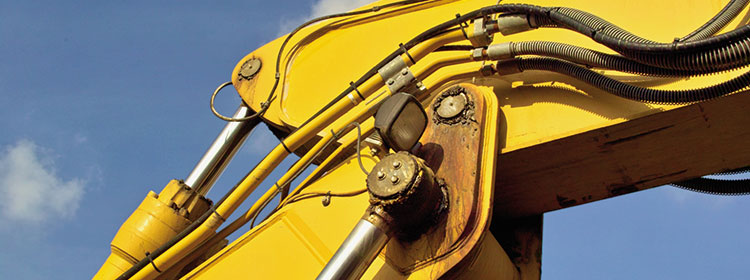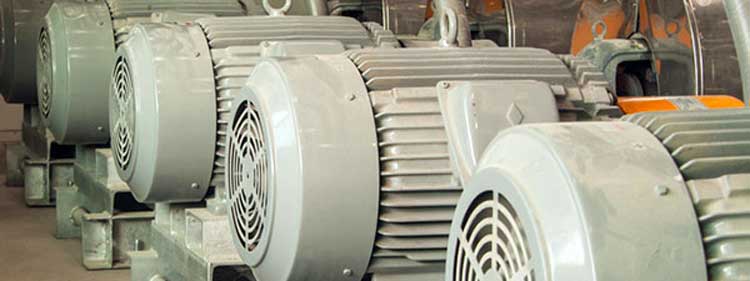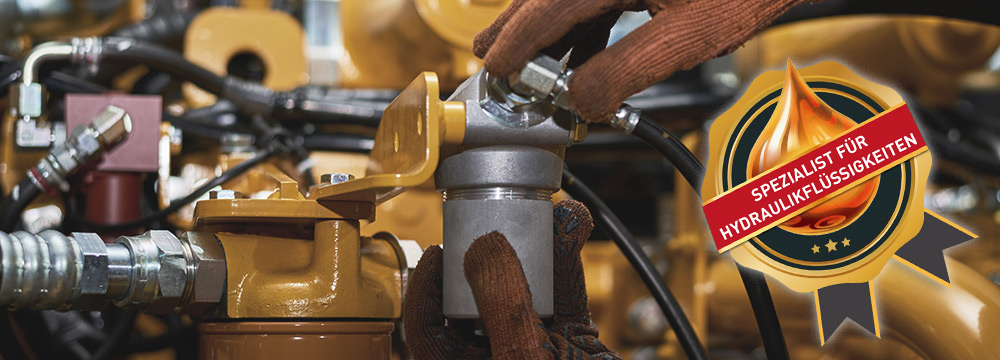Practical knowledge on lubrication and oil monitoring for long-lasting and efficient gearboxes
Gears are central components in many machines and systems, transmitting and converting energy, movements and forces. Proper lubrication plays a crucial role in the performance, reliability and service life of the gearboxes and the connected units. In our seminar, Rüdiger Krethe will provide you with practical knowledge about the lubrication of industrial gearboxes, roller and plain bearings, motor vehicle gearboxes and circulation systems.
You will learn how operating conditions affect lubricants, what wear mechanisms and typical gear damage can occur, and how to detect them at an early stage. There is a particular focus on lubricant analysis: learn how condition-based oil change intervals can reduce costs and increase the availability of your equipment. We also demonstrate the use of online sensors and on-site measurements for continuous oil condition monitoring to effectively identify contaminants and wear particles.
Take advantage of this seminar to deepen your expertise in lubrication and oil monitoring, thereby sustainably increasing the operational safety and efficiency of your gearboxes.

- Reliable selection of the optimum gear oil for various applications
- Reduction and simplification of lubricant types in operation
- Extension of oil change intervals through condition-based analyses
- Early detection of unusual wear and potential malfunctions
- Analysis and investigation of causes of damage following failures
- Professional extraction and evaluation of meaningful oil samples
- Integration of oil analyses into proactive maintenance
- Interpretation of analysis results to prevent machine damage
- Definition and application of warning values for assessing oil condition

- Skilled employees and executives working in the field of maintenance
- Mechanics and service technicians of gear and machinery producers
- Technically skilled employees working in construction, serive and sales
- Sales engineers and sales people of lubricant proucers und their resellers
- Technical purchasers for lubricants and operating fluids
- Application engineers working in mobile labs as well as for on-site condition monitoring and fluid management
- Appraisors and surveyors for damage analysis and machine malfunction
- Technically interested employees who want to extend their knowledge in the areas lubrication techniques and tribology

